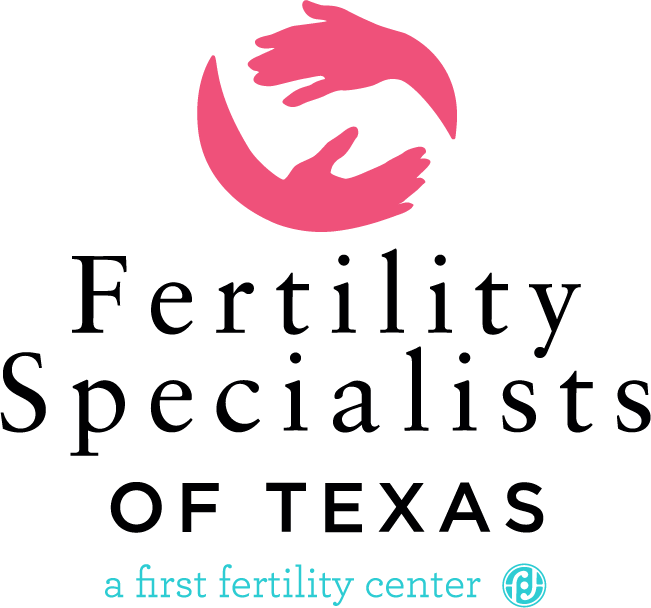Uterine Fibroids
At Fertility Specialists of Texas, we know female infertility has many causes. Uterine polyps are one issue that can interfere with pregnancy. These uterine growths appear on the inner wall of the uterus (womb) and extend into the uterine cavity. Typically, polyps in the uterus are not cancerous. However, they can make it more difficult for an embryo to implant in the endometrium (uterine lining).
Uterine Fibroids Are a Treatable Cause of Female Infertility
Fertility Specialists of Texas helps patients receive an accurate infertility diagnosis and effective, customized treatment for issues like uterine fibroids. Also known as leiomyomas, uterine growths can sometimes cause infertility or pregnancy loss. When this problem occurs, our Dallas-Fort Worth fertility doctors can provide treatments to help.
Request AppointmentWhat Are Leiomyomas and What Symptoms Can They Cause?
Uterine fibroids are non-cancerous growths that can occur within or outside of the uterus (womb). They can be as small as a seed or large enough to change the shape and size of the uterus. Additionally, women can have just one of these growths or multiple ones.
Three types of leiomyomas exist and some are more likely than others to cause infertility.
- Intramural growths appear in the uterine wall.
- The submucosal type bulges into the uterine cavity. This type is the most likely to cause infertility and pregnancy loss.
- Subserosal growths push to the outside of the womb.
While some women have no symptoms of uterine fibroids, others may have issues. Some examples of symptoms include long and heavy periods, pelvic pressure or pain, problems with urination, constipation, and backaches.
Certain risk factors can increase a woman’s risk of developing these growths. Women who have a close relative with them, who are obese, or who are African American are more likely to develop them.
Request AppointmentHow Do Our Doctors Diagnose and Treat Uterine Polyps?
Our Dallas-Fort Worth fertility doctors often discover these growths when performing a pelvic exam. They can confirm the presence of leiomyomas by ordering a transvaginal ultrasound or a hysterosalpingogram (HSG). If a doctor finds that fibroids are present, they have several options to manage them.
- If the growths aren’t causing problems, the doctor might monitor them over time.
- Certain medications can treat issues related to bleeding and pelvic pressure.
- In some cases, minimally invasive procedures like hysteroscopy or laparoscopy might be necessary to remove the fibroids.
We work with each patient who presents with leiomyomas to develop the best treatment plan to help them find relief from any symptoms and bring home a healthy baby. Contact us if you’d like to learn more or schedule an appointment with our Dallas-Fort Worth fertility doctors.
Quick Links for
Female Infertility
Which Treatment is Right for You?
Schedule an introductory appointment with us, and our specialists can determine which path will be best to begin your journey to parenthood.
